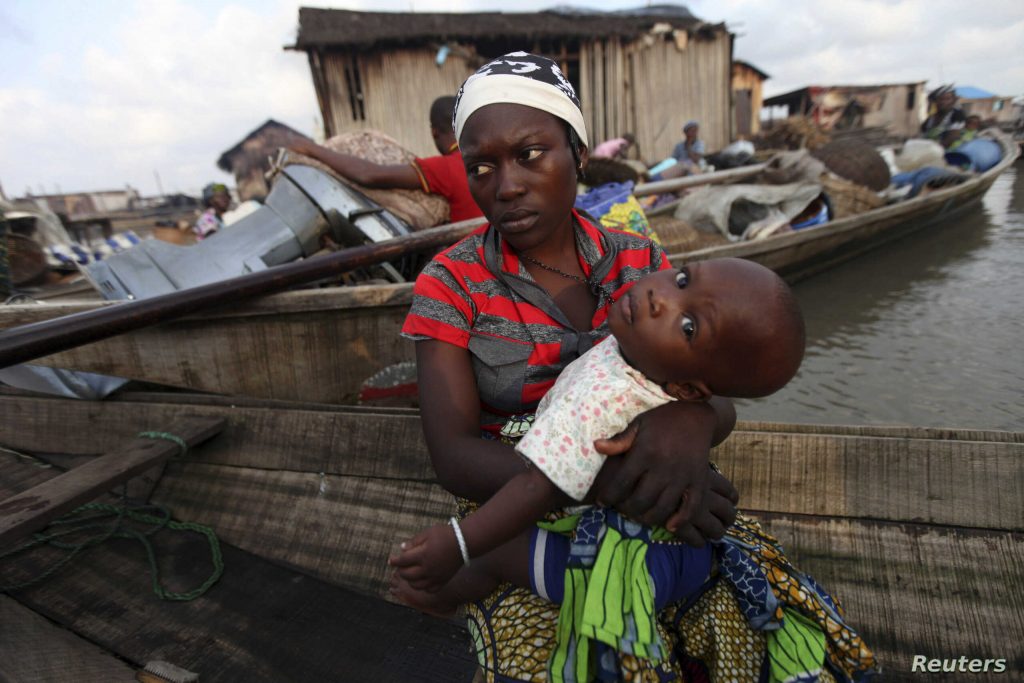The Girls Voices Initiative (GVI), an Action Health Incorporated (AHI) programme, has appealed to parents and community leaders in Makoko Community, Lagos, to be committed toward ending child marriage.
The GVI Girls Leader, Miss Victoria Benedict, made the plea on Friday at a forum on “Advocacy on Ending Child Marriage in Makoko” in Lagos.

The advocacy project was implemented by GVI, with support from Rise UP, in Oko-Agbon and Sogunro Communities in Makoko.
Benedict said it was imperative for the communities to work toward ending the practice of child marriage.
She said that Nigeria was committed to the Sustainable Development Goals (SDGs) that seek to eliminate all harmful practices against the girl-child.
The GVI Girls leader said in spite of laws and policies promoting rights of a girl-child, Nigeria has the third highest numbers of child brides in the world, which she said was put at 3,538,000.
According to her, the figure by UNICEF showed that Nigeria has the eleventh highest prevalence rate of child marriage globally.
Benedict said that GVI conducted a focus group discussion among 100 young girls aged 13 to 24 in Oko-Agbon and Sogunro in Makoko, to identify factors that promote child marriage in the communities.
She said outcome of the discussion showed that about 65 per cent of the girls were married or got pregnant before the age of 15.
According to her, only 21.6 per cent of the girls confirmed that they completed their primary school education.
She said that majority of the girls were involved in menial jobs like washing plates and sweeping, while more than 85 per cent were in learning vocational skills to support their families.
Benedict said issues that led to child marriage in communities included gender inequality, poverty, traditions, dropping out of schools and cultural practices.
She urged residents of the communities to halt child, early, and forced marriage, adding that many of the child brides contributed to the issue of maternal mortality.
Benedict urged the State and Local Governments to support communities with programmes that increased access of the girls’ to education and provided young women with economic opportunities.
She called for programmes that would shift attitudes through community awareness, sensitisation and encouraging community leaders to commit to ending harmful practices and reporting offenders to necessary authorities.
Commenting, a parent, Messou Ayemojuba, said that many of the girls got married due to lack of parental care, poverty and peer pressure.
“Many of the parents have lot of children, and they do not provide for the family, hence the girls fall into peer pressure, get pregnant and have to marry.
“We have made this mistake and we plead with the government to support our communities,” Ayemojuba said.
Also, Wasiu Iyonokun, the Baale of Oko-Agbon Community, said he was committed to ensuring that child marriage ended in his community.
Iyonokun said he would provide support that would enable the girls to focus attention on either education or vocational skills. (NAN)


